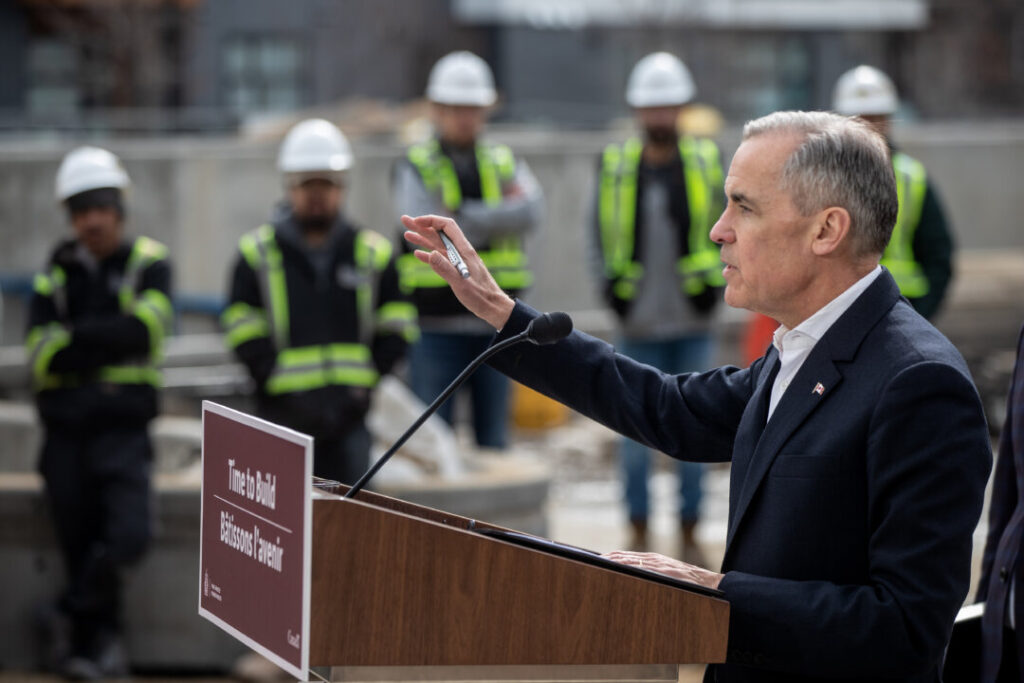Prime Minister Mark Carney has set up a federal fund to support Canada’s automobile manufacturing sector and has said he faces tariffs and threats from the Trump administration.
Carney said it will use the $2 billion strategic response fund to increase the competitiveness of the automotive sector, protect jobs, increase worker training and create a more resilient supply chain that expands from raw materials to finished vehicles.
“All we need to do is build a lot of these cars and each of them in Canada,” Carney said at the campaign stop on March 26th in Windsor, Ontario, a major manufacturing hub.
“In the New World, it will be an advantage that will help us isolate us from the threat of President Trump’s trade, and will grow our economy in Windsor and southwest Ontario,” he added.
Since US President Donald Trump took office in January, there has been a lot of uncertainty in the Canadian automotive sector. He imposed two sets of tariffs on Canada. One was related to borders and concerns about drug trafficking, and the other was imposed on steel and aluminum.
Three major US automakers have been given temporary exemptions, and another exemption is given for products covered by US and Canada’s free trade transactions. Another wave of tariffs is expected to be hit by US trading partners on April 2, with its set levels and target sectors yet to be disclosed.
Trump has also spoken multiple times about his unwillingness to import cars from Canada as he is trying to repatriate manufacturing to the United States to create more jobs for Americans and rebuild the country’s industrial bases.
The Canadian and US automotive industries have been highly integrated for decades, moving across borders multiple times before vehicles leave the assembly line.
Carney said he promised a special fund for the automotive sector and would build a “everything in Canada” network to increase Canadian parts production and limit cross-border movements. He also said he would use government funds to prioritize purchasing Canadian-made vehicles.
The Canadian automotive industry plays a significant role in the economy, representing second-largest exports in terms of value.
According to the stakeholder group, the industry directly employs more than 125,000 workers and indirectly employs more than 460,000 people.
Carney said during his press conference that his government had moved to change employment insurance rules before the campaign began to speed up access for workers affected by trade disputes.
The day before, Kearney promised to implement a 1% tax cut on the minimum income tax bracket and eliminate GST of new homes that are under $1 million.
Conservative leader Pierre Polyable made a similar commitment, pledging a 2.25% tax cut on lower brackets, and removing up to $1.3 million in GST in his new home.



